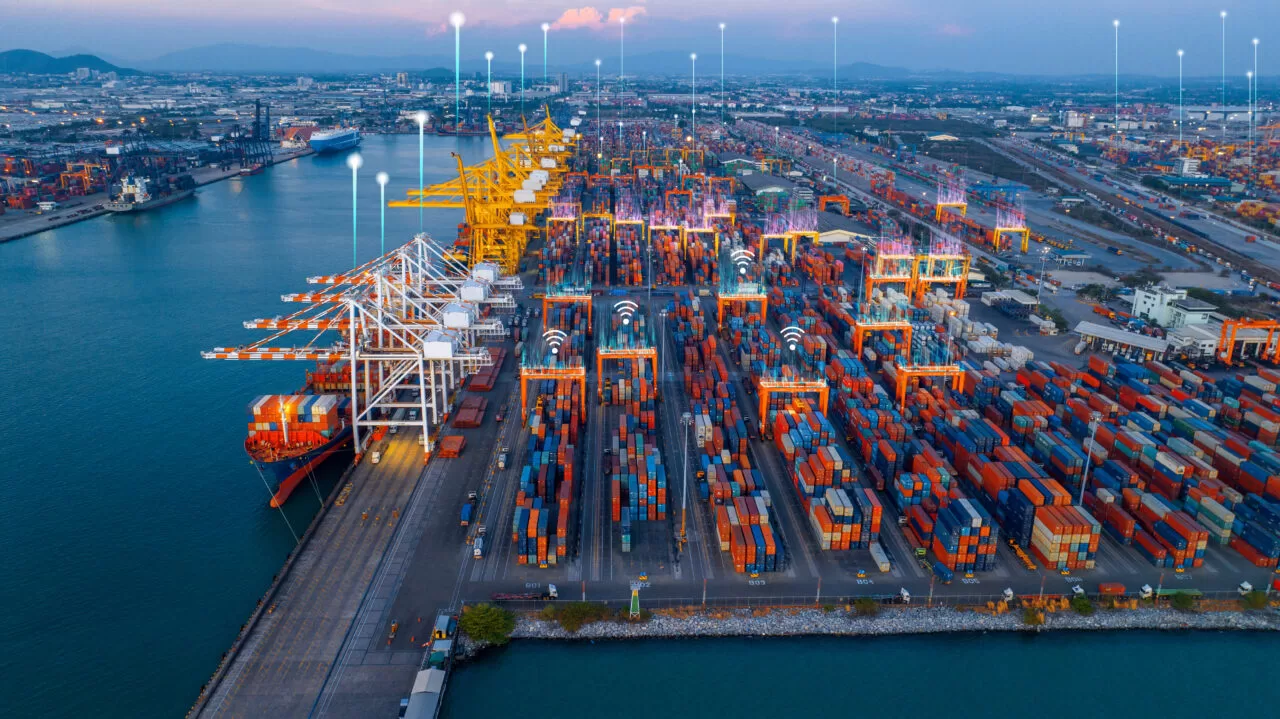During the recent G20 meeting in New Delhi, India unveiled the India-Middle East-Europe Economic (IMEC) Corridor, positioning it as a pivotal opportunity to elevate Indian ports on the global stage. This initiative underscores India’s dedication to fortifying maritime trade infrastructure, reflecting a forward-thinking approach to economic progress. Aligned with regional initiatives like SAGAR and Sagarmala, Indian sea ports have undergone significant enhancements to boost global competitiveness.
Key advancements include infrastructural upgrades, such as Direct Port Entry and Delivery, Centralized Parking Plazas, and automated gate operations. Initiatives like the Unified Logistics Interface Platform (ULIP) aim to unite logistics stakeholders on a common platform. Efficiency-driven measures, such as faceless assessments and Port Community System (PCS), have streamlined India’s maritime trade, leading to a 20 percent reduction in import release time according to the latest National Time Release Study.
While the IMEC corridor is in its early stages, it presents an opportunity to extend India’s influence by connecting regions and leveraging existing connectivity initiatives. The next phase of reforms should focus on bolstering infrastructure, addressing issues like low draft capacity, perishable goods handling, last-mile connectivity, and inland waterways connectivity. The maritime sector is vital to India’s global trade, facilitating 95% of international trade.
To strengthen the manufacturing sector and enhance India’s role in the global value chain, the development of Multimodal Logistics Parks (MMLP) under the PM Gati Shakti program is crucial. Digitization efforts have made strides, but a complete transition to a paperless trade ecosystem is needed. Green port initiatives, including the integration of renewable energy sources, aligning with sustainable practices, and participating in green shipping corridors, are essential for India’s transition towards environmentally conscious ports.
As India integrates into global supply chains, technological innovation and international collaborations will be key. Coordinated efforts within the port ecosystem have the potential to propel India closer to its goal of a USD 5 trillion-dollar economy. The pursuit of smart ports and sustainable practices is not just strategic; it’s a guiding beacon towards a prosperous and environmentally conscious future in global trade.
Source: financialexpress.com


